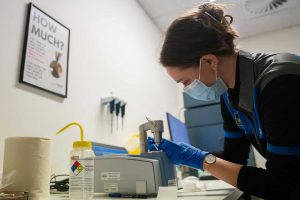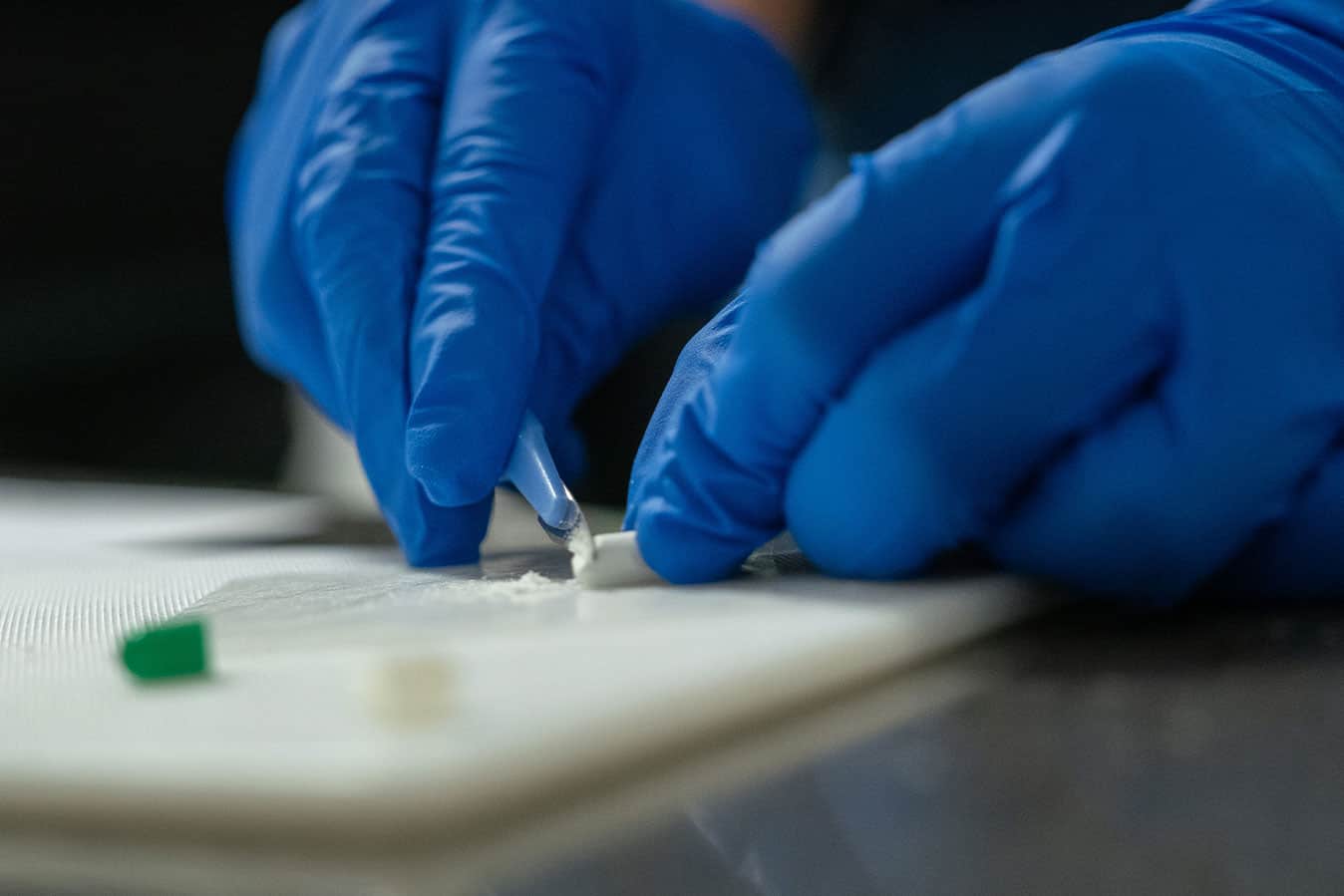Nearly half of the drugs tested at Australia’s first fixed-site pill testing service were not what the user thought they were, a new report has found.
Once people accessing the service discovered what was in the drug, about one in ten discarded the drug at the service. When the substance was not what the service user expected, contained an additional drug or testing was inconclusive, they were four times more likely to report that they would ‘definitely not’ use the drug.
Led by the Australian National University (ANU), the report examined the first six months of operation of Canberra’s drug checking service, CanTEST,
Between July 2022 and January 2023, 498 people accessed CanTEST with 481 visiting to check their drugs and 437 receiving drug checking. Open for six hours across two days each week, there was an average of 15 visits per week. Over two-thirds of service users reported never previously accessing a healthcare worker for information or advice about drug use.
Half the drugs were found to contain a substance not expected by the service user, illustrating the inconsistent drug market and need for drug checking to improve community safety, the report states.

Over 600 samples were brought in for drug testing, predominantly by young men aged 24 and under. MDMA/ecstasy was the most common expected drug, followed by cocaine and ketamine. Since opening its doors in July 2022, the service has detected a range of common illicit substances including cocaine, heroin, ketamine, MDMA and methamphetamine, also known as crystal meth or ‘ice’.
Authors argue the findings of the evaluation support the service, which began with a six-month trial that has been extended until at least 2024, continuing.
“The service is providing critical drug and health information to individuals and the broader public,” the report states.
Lead author of the report, ANU Associate Professor Anna Olsen, said the service provides chemical analysis of drugs and health advice, allowing people to make more informed decisions about their drug use.
“The evaluation shows that 70% of users had never discussed their drug use with a health professional before visiting CanTEST. The service is reaching a unique group of people who use drugs,” she said.
“CanTEST is helping to change peoples’ drug behaviours. Service data shows that some clients decide not to take the drugs after they receive information about them, or they use the harm reduction advice to reduce their risks if they do go on to take the substance.
Importantly, CanTEST delivered more than 1,000 health interventions to service users in the first six months of operation, including harm reduction, overdose prevention, mental health counselling and other general health advice.
Support for the service is strong, with almost all clients saying they would recommend the service to others, while 94% of participants rated the service 10 out of 10.
The report outlines several recommendations to improve CanTEST, including employing more analytical chemists, increasing surge capacity for when events are held in the ACT, and reviewing the facility’s opening hours and days of operation.
“Half the drugs tested are found to be different to what the service user expected,” the report states.
“The service is associated with behaviour change such as discarding, non-use and harm reduction behaviours with use. We have identified a number of strengths of the program that should be retained as well as potential program improvements to consider in future design and delivery.”
Read the full report here








